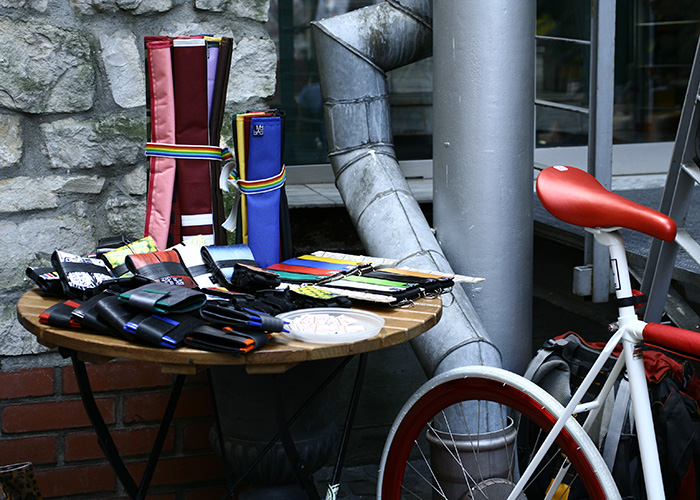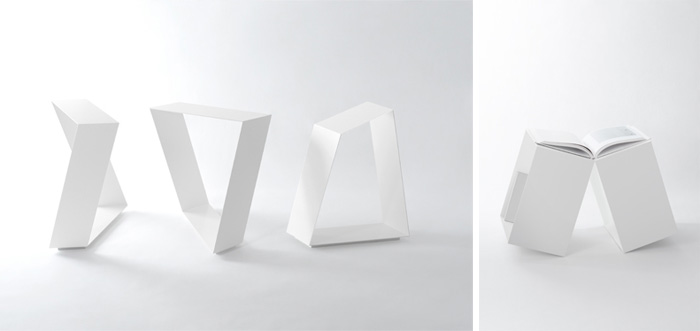Inspired by a recent visit to Krakow's
Manngha Center for Japanese Art, I've been looking into woodcut and linocut printing techniques. The Manngha Center has a beautiful collection of original woodblock prints by both Hokusai and Hiroshige, two of Japan's most celebrated artists from the late 1700 / early 1800's. The center also hosts fun cultural and artistic workshops for all ages (during our visit we discovered a fantastic playroom hidden away in the basement).
It was my first time seeing an exhibition of woodblock artwork, and there were two things in particular that made an impression (pun intended). The first was the expressiveness of the tiny people portrayed in Hokusai's prints, how lively and dynamic they appeared. The second was Hiroshige's ability to evoke a mood in his prints based on weather conditions. A common motif in many of their prints is the ever-looming Mt. Fuji.
 |
| Katsushika Hokusai |
 |
| Katsushika Hokusai |
|
|
 |
| Hiroshige Ando |
Each of these prints required multiple blocks (one for each color) to be carved with intricate precision.
Printing with woodblock or linocut is limited to simple lines and limited tones, resulting in a textured graphic quality that's unique to the method - using wood instead of linoleum also adds the texture of the grain. Once the block is cut, it can produce hundreds of original copies. Modern prints are just as enticing, an affordable form of decorative artwork.
 |
| Prints by Magprint 1 | 2 on a moleskin notebook |
 |
| Clockwise from left: prints by Sadanobu, and thebigharumph 1, 2 |
 |
| Animal prints by annasee 1 | 2 |
































